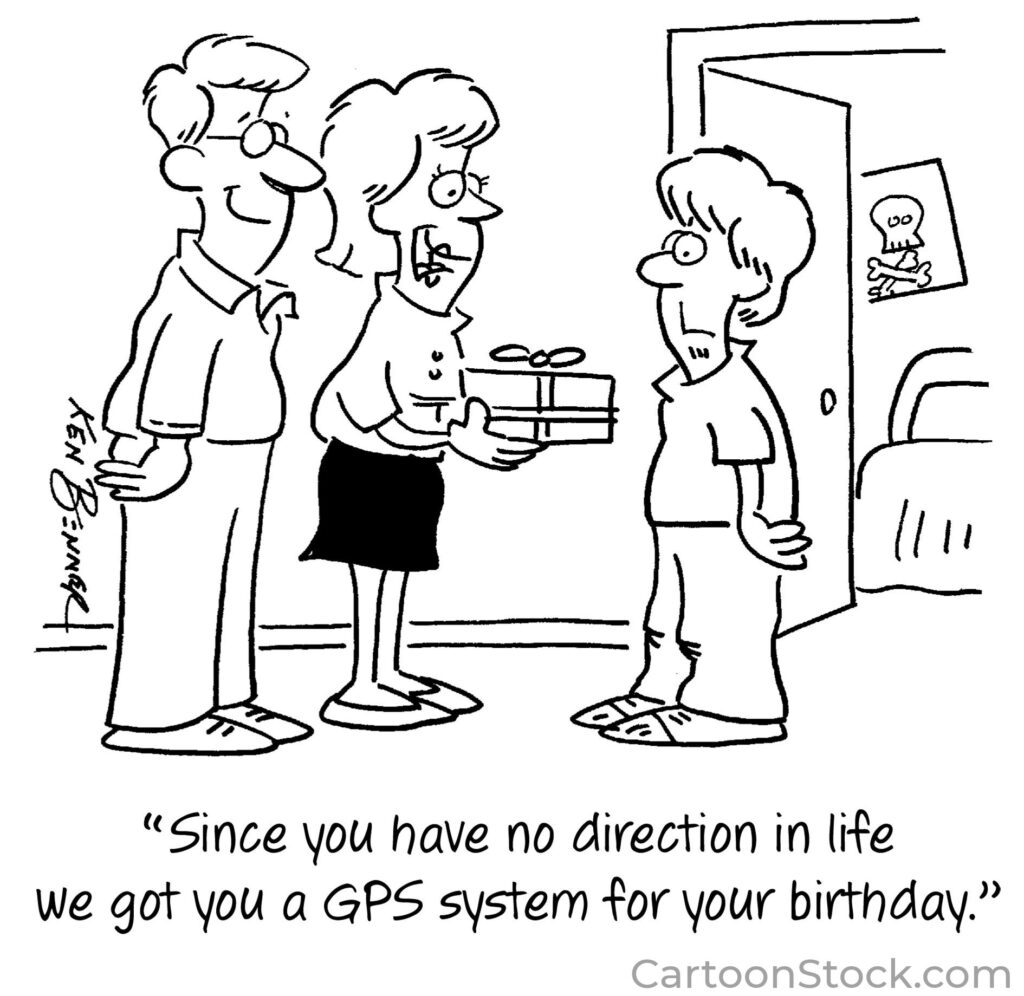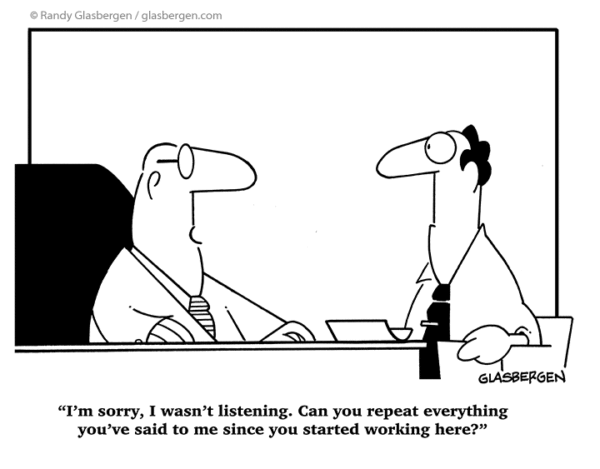
Benjamin, my seven-year-old grandson, and I memorize poetry together. Last week we memorized two stanzas of Ella Wilcox’s poem, “One Ship Sails East”. Benjamin’s father, Jonathan, is teaching him how to sail, so throughout his life the nautical themes of this poem will be reinforced.
One ship sails East,
And another West,
By the self-same winds that blow,
’Tis the set of the sails
And not the gales,
That tells the way we go.Like the winds of the sea
Are the waves of time,
As we journey along through life,
’Tis the set of the soul,
That determines the goal,
And not the calm or the strife.
Here are some lessons I want Benjamin to learn from this poem.
-
-
- Life is unpredictable. Just as a sailor cannot predict which way the wind will blow, we can’t predict what each day will bring.
- You can’t control the wind, so don’t fight it. It is futile to try to change things we have no control over. For instance, we had no choice as to our family of origin. Accept the unchangeable.
- You do have a choice as to how you respond to life’s twists and turns. Just as a sailor can use the same wind to go in four different directions, we can respond to life in various ways. Take responsibility for what you can do.
- Choose your direction; set goals; don’t just drift through life letting the “winds and waves” take you to random places.
- In life, sometimes, there is no “wind” so don’t be put off by periods of repose. Know when to aggressively pursue and when to accept stillness.
- Basic life skills are indispensable. (Continuing the nautical metaphor, a good sailor has mastered good sailing skills, then uses them in all types of weather and situations.)
-
Choose your path and navigate through whatever type of weather comes your way.
Here’s an interesting and encouraging article published by Lifehacker, an online information site – Eleven Things We (Mostly) Don’t Need To Worry About Anymore.
We hear lot’s of discouraging news these days. The article lists 11 things in our society that are much better than before. Read and enjoy.



